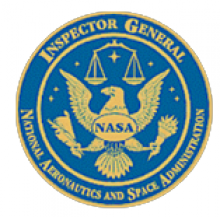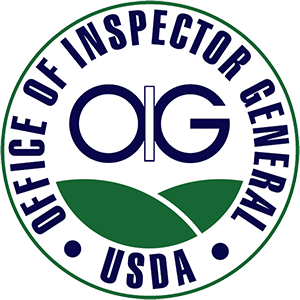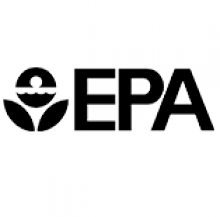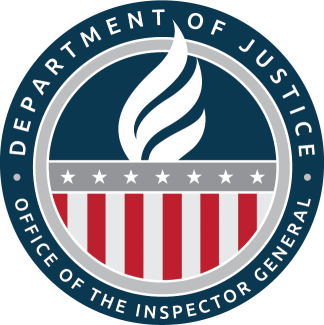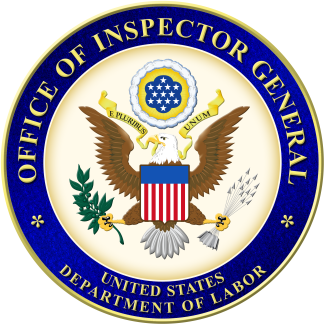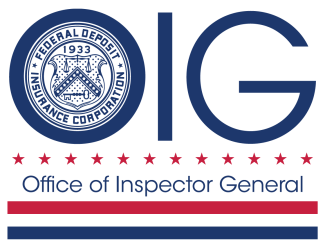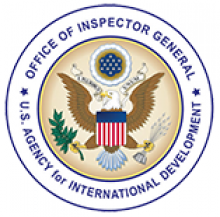This report summarizes the results of Sikich’s independent evaluation and contains nine new recommendations that will assist the agency in improving the effectiveness of its information security and its privacy programs and practices. NCUA management concurred with and hasidentified corrective actions to address the recommendations.
| Report Date | Agency Reviewed / Investigated | Report Title | Type | Location | |
|---|---|---|---|---|---|
| National Credit Union Administration | NATIONAL CREDIT UNION ADMINISTRATION FEDERAL INFORMATION SECURITY MODERNIZATION ACT OF 2014 AUDIT - FISCAL YEAR 2024 | Audit | Agency-Wide | View Report | |
| National Aeronautics and Space Administration | Evaluation of NASA’s Information Security Program under the Federal Information Security Modernization Act for Fiscal Year 2024 | Inspection / Evaluation | Agency-Wide | View Report | |
| Department of Agriculture | Independent Service Auditor’s Report on Management of Financial Management Services’ Description of Its Financial Systems and the Suitability of Design and Operating Effectiveness of Controls For the Period October 1, 2023 Through June 30, 2024 | Other | Agency-Wide | View Report | |
| Environmental Protection Agency | Management Implication Report: Some States Failed to Conduct Required Financial Audits of Their State Revolving Funds | Other | Agency-Wide | View Report | |
| Department of Justice | Audit of the Office of Justice Programs Victim Assistance Funds Subawarded by the Pennsylvania Commission on Crime and Delinquency to the Victim Services Center of Montgomery County, Inc., Norristown, Pennsylvania | Audit |
|
View Report | |
| Department of Justice | Audit of Office of Justice Programs and Office on Violence Against Women Grants Awarded to HOPE Works, Inc., Burlington, Vermont | Audit |
|
View Report | |
| Department of Justice | Audit of the U.S. Department of Justice’s Contract Actions Reported by Contracting Officers into the Federal Procurement Data System – Next Generation | Audit | Agency-Wide | View Report | |
| Department of Labor | MSHA Generally Provided Adequate Oversight of Miner Training, Though Opportunities to Strengthen Controls Exist | Audit | Agency-Wide | View Report | |
| Federal Deposit Insurance Corporation | DOJ Press Release: Par Funding Principals Plead Guilty to RICO Conspiracy, Securities Fraud, Obstruction of Justice, Related Charges | Investigation | Agency-Wide | View Report | |
| U.S. Agency for International Development | Performance Audit Report of the Adequacy of the Accounting System Administration for MSI, Inc., for the Period of October 1, 2022, to September 30, 2023 | Other |
|
View Report | |



